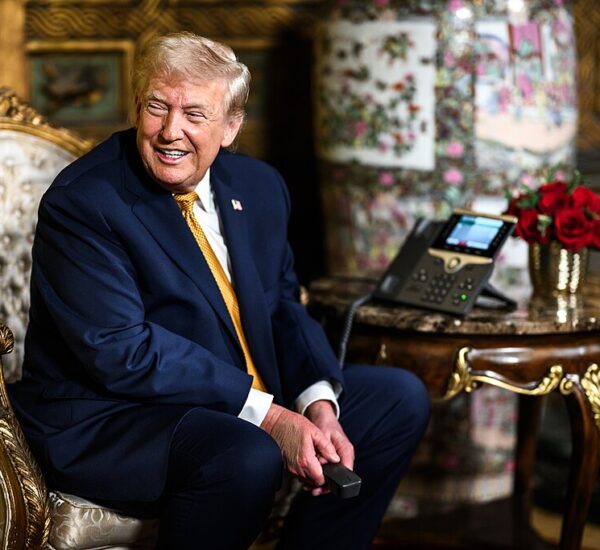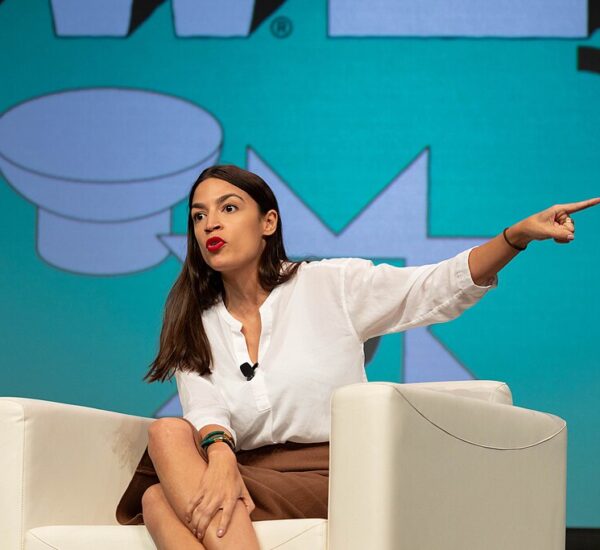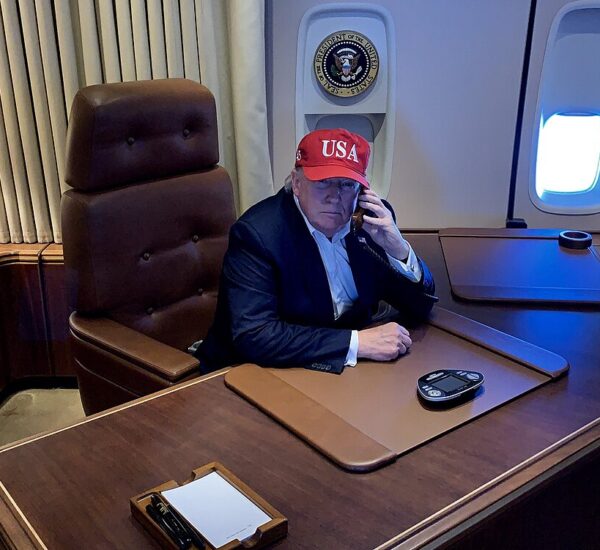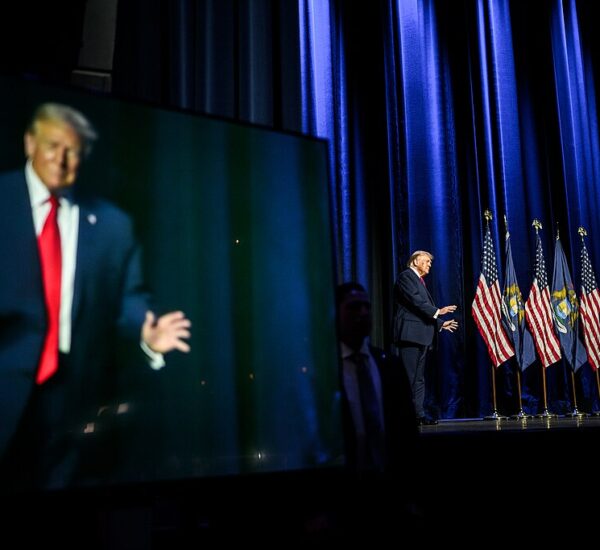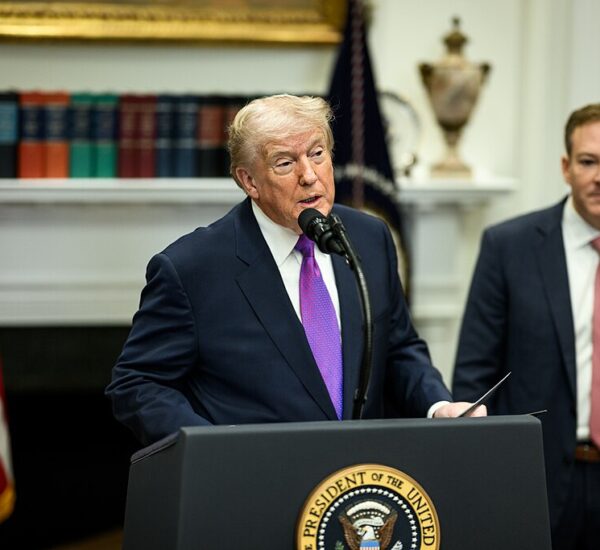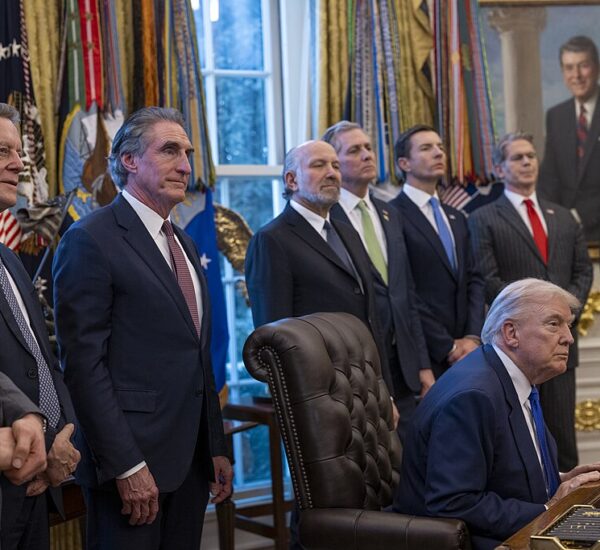Trump Makes Major New Move
On Thursday, President Trump signed a presidential memorandum that lays the groundwork for reciprocal tariffs aimed at confronting unfair and discriminatory trade practices. These tariffs, according to the president, will hold both adversaries and allies accountable, ensuring that the United States is treated fairly in global trade.
The reciprocal tariffs will be specifically tailored to each trading partner, focusing on five key areas: the tariffs other nations impose on American goods, unfair taxes and fees, the economic burden on U.S. businesses and consumers, exchange rate manipulation, and any other practices deemed unjust by the U.S. Trade Representative’s office. This strategy is a direct response to the unfair practices that have historically undermined American industries and harmed American workers.
While the tariffs are not being implemented immediately, the signing of this memorandum marks the beginning of an intensive review process. The administration aims to move quickly, with White House officials indicating that these tariffs could be in place within “weeks” or at most “a few months.”
In the memo, the president directs Commerce Secretary nominee Howard Lutnick and U.S. Trade Representative nominee Jamieson Greer to work closely with key officials, including Treasury Secretary Scott Bessent and Homeland Security Secretary Kristi Noem. Together, they will work to rapidly formulate recommendations for tariffs on each foreign partner. Additionally, Russell Vought, the head of the Office of Management and Budget, will prepare a fiscal impact report within 180 days.
Lutnick has stated that the new tariffs could be implemented by April 2, following a completion of all necessary studies by April 1.
President Trump has emphasized that these tariffs will be beneficial for American workers, even if it means some price increases in the short term. He believes that in the long run, the U.S. economy will thrive, creating jobs and boosting prosperity. The president is particularly focused on confronting “nonmonetary barriers” — practices that exploit American markets. From China’s aggressive trade tactics to Japan’s high structural barriers, Trump is committed to leveling the playing field for American businesses.
This new approach to trade will hold all nations — whether strategic competitors like China, or allies like the European Union, Japan, and South Korea — accountable for taking advantage of the United States. The president’s bold stance on fair trade signals that the days of one-sided deals are over.

